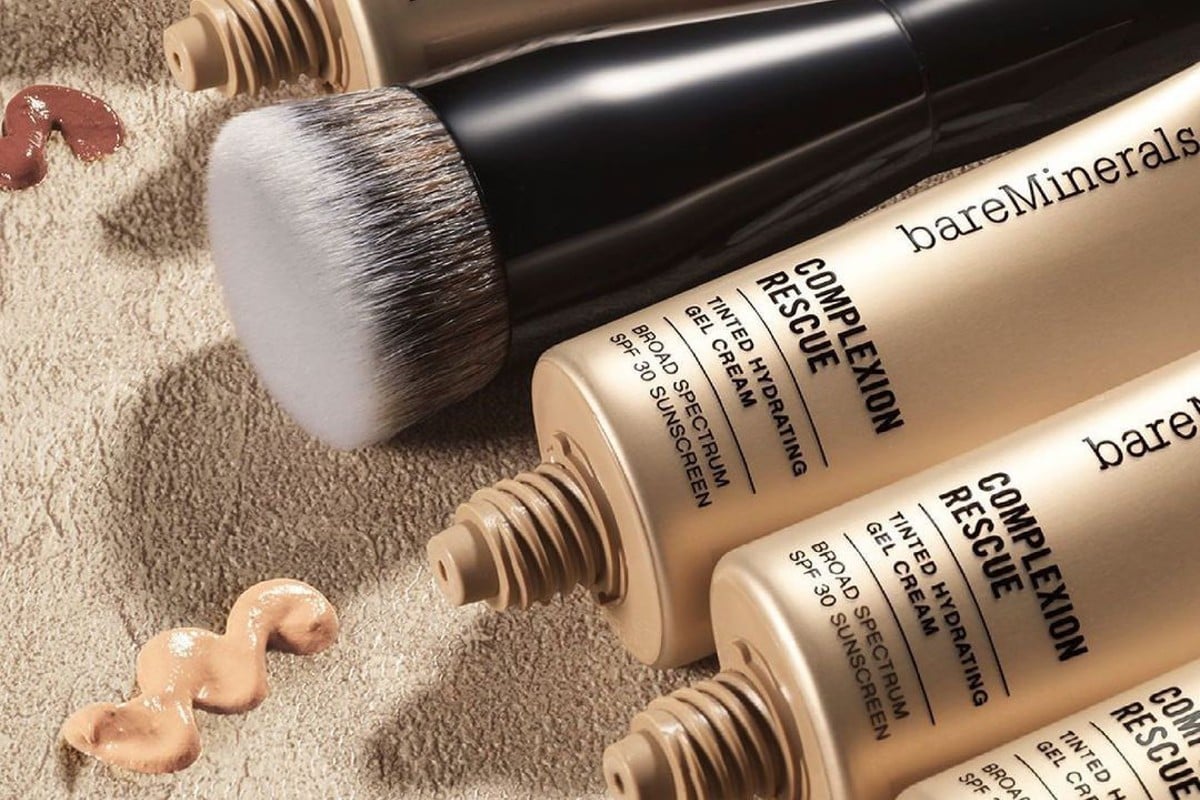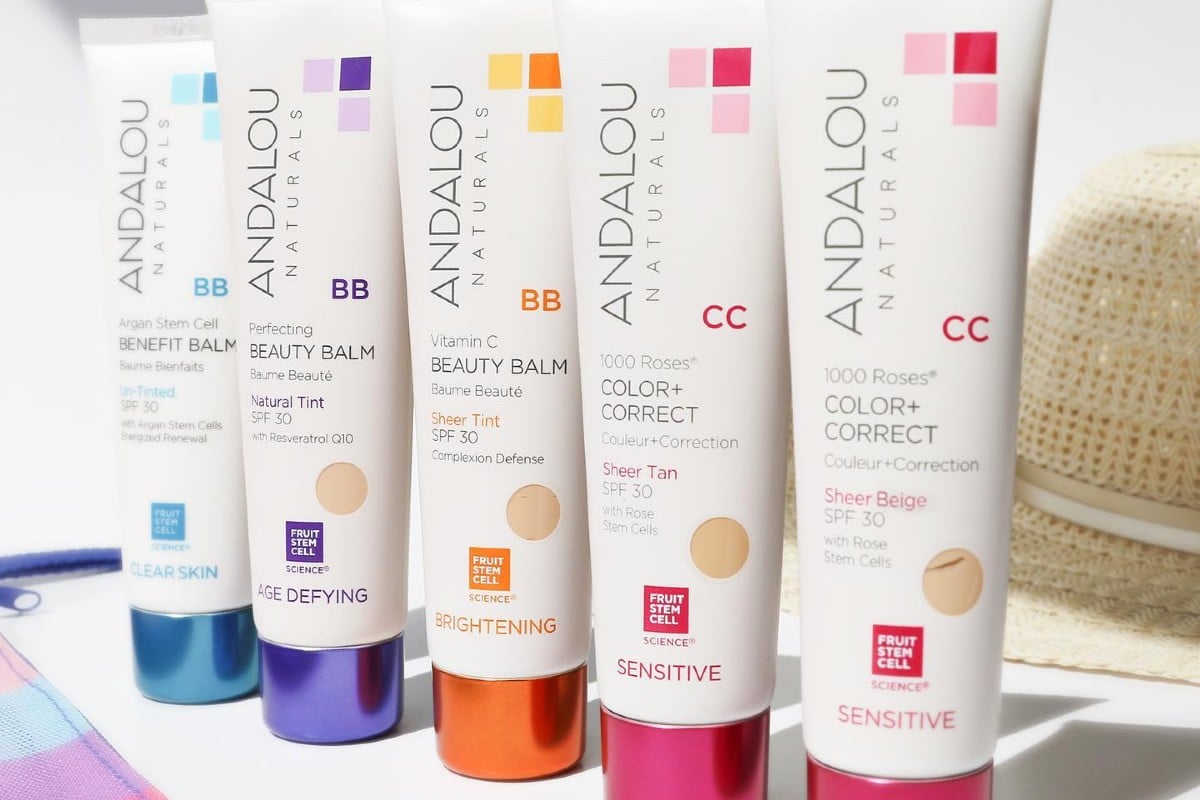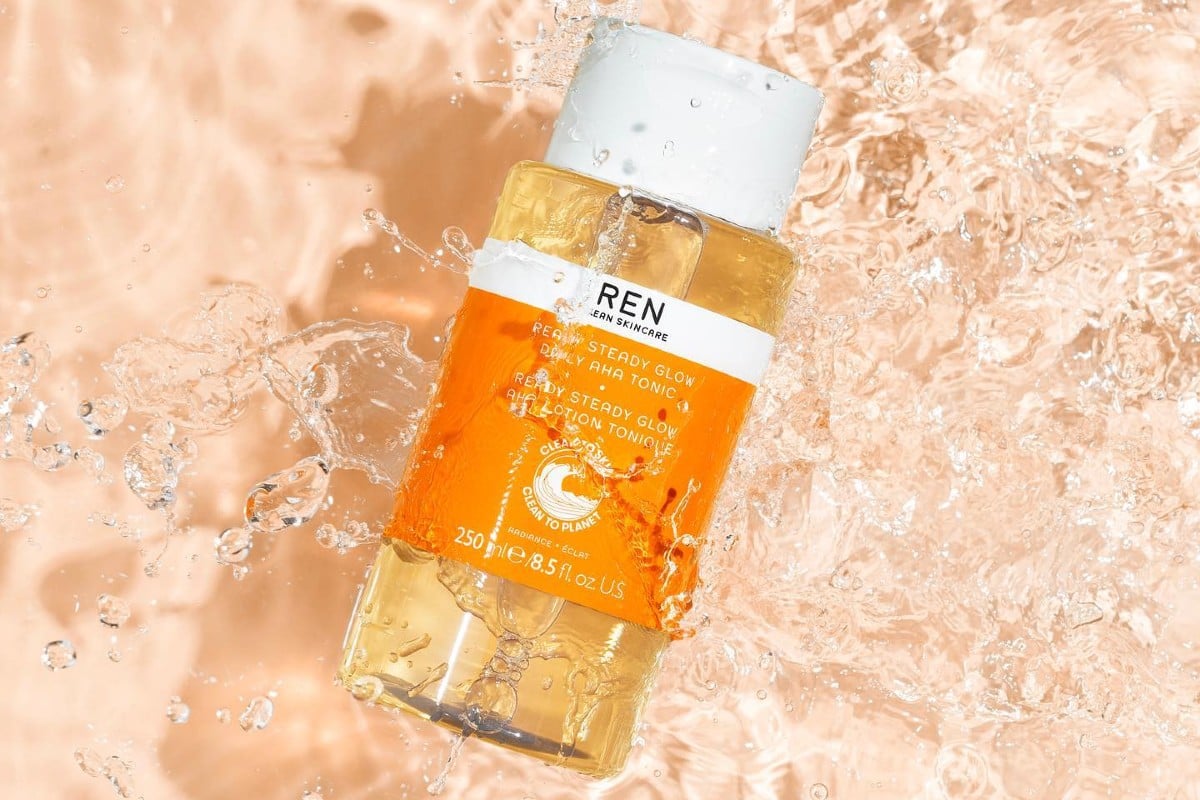Mature skin isn’t simply another type of skin like dry or oily skin, despite what most might think. So what does mature skin mean? Mature skin is more about the ticking clock of time. It’s the skin’s natural aging process, marked by a loss in elasticity and firmness and the appearance of fine lines and wrinkles. If these signs ring a bell for you, then your skin is joining the mature skin club. Everyone, some sooner, some later, will have mature skin at some point, regardless of whether the skin is naturally dry or oily. This brings us to the heart of the matter:
What age is mature skin?
“Mature skin” refers to the changes in skin that occur as a part of the natural aging process. Generally, skin is considered “mature” when these age-related changes become more noticeable, which normally begins around the age of 40. However, the exact age can vary significantly between each of us.
The truth is there’s no set age for when skin becomes mature. It depends on a combination of genetic factors and lifestyle choices. While the process of skin maturation normally starts around the age of 40, extrinsic factors can cause some people to experience signs of mature skin earlier, even in their late 20s or 30s. For others who take good care of their skin and protect it from external factors, signs of aging might not be a concern until their 50s.
What influences mature skin?
- Chronological Aging: This is the natural aging process. As we age, our skin becomes thinner, drier, and less elastic. The production of natural oils and proteins decreases, affecting our skin’s ability to bounce back and retain moisture. This results in the appearance of lines, wrinkles, dullness, and dryness, common characteristics of mature skin.
- Extrinsic Aging: Unlike chronological aging, extrinsic aging is influenced by external factors and lifestyle choices. This includes sun exposure, pollution, smoking, diet, and stress. Extrinsic aging can accelerate the appearance of mature skin. One of the most significant factors in extrinsic aging is ultraviolet (UV) radiation from the sun, which can break down collagen and elastin fibers in the skin and lead to premature wrinkles and sagging.
How do you know if you have mature skin?
Dry and tight skin with fine lines, thinner texture, reduced elasticity, liver spots, large pores, and wrinkles are early indicators of mature skin.
Treatments for mature skin
Now that you know what mature skin is, let’s talk about what ingredients and treatments you should add to your skincare routine to put mature skin on pause and turn back the clock on skin aging.
- Retinol: There’s no better treatment to care for your mature skin and fight aging signs than retinol. With its tiny molecules, retinol penetrates the skin’s outermost layer to encourage cell turnover and boost collagen production. That’s how you get smoother and firmer skin. Here are the retinol serums we recommend.
- Hyaluronic acid: Mature skin often needs more hydration, so look for products that offer long-lasting moisturization. Ingredients like hyaluronic acid, glycerin, Centella asiatica, and panthenol can restore hydration in mature skin.
- Peptides: Peptides enhance collagen, elastin, and keratin production when applied to the skin. Adding these peptide serums into your skincare routine is a proven method to promote firmer, younger-looking skin.
- Vitamin C and Sunscreen: When it comes to taking care of mature skin, the sun is a big challenge. About 80% of the wrinkles on your face can actually come from too much sun. That’s why sunscreen is so essential. Make it a habit to apply some sunscreen whenever you’re heading outside, and reapply it during the day if you’re out for a while. But here’s the thing: sunscreen is effective but doesn’t do everything. That’s where vitamin C serum comes in. When you put on a vitamin C serum every morning, it’s like giving your skin an extra boost to fight off the sun’s effects. It’s not just about blocking the sun; Vitamin C also makes skin-firming proteins like collagen and brightens dark patches on your skin.
- Glycolic acid: Mature skin looks dull because it no longer sheds old cells as quickly as it did in youth. Glycolic acid is a chemical exfoliant that compensates for this slowdown, helping to remove dead cells and promote smoother skin.
- Radiofrequency: You know that mature skin loses proteins like collagen and elastin, which makes it appear saggy and loose. Radiofrequency is a treatment that tightens the skin by rebuilding these lost proteins. You can learn more about radiofrequency skin tightening devices and how to use them here.
Read next: 11 Best Face Exfoliators for Mature Skin





